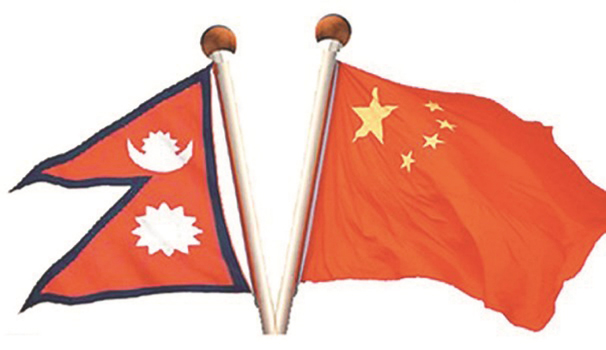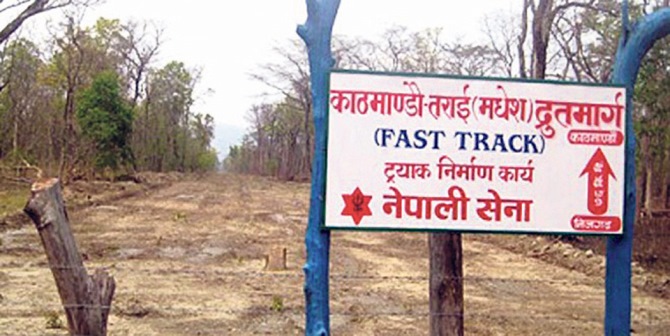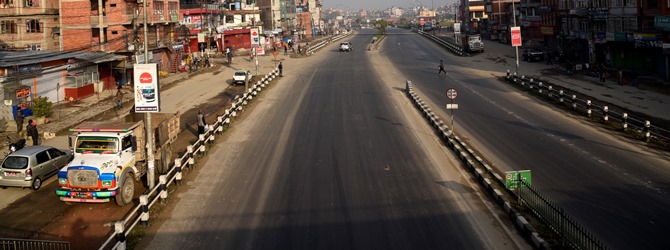Amendment to Military Regulations pleases lower rank soldiers

By Purushottam P. Khatri
Kathmandu, Mar. 21: The third amendment to the Military Service Regulation-2012 has come as a big relief to the lower-rank soldiers and the army headquarters itself.
The new regulations, amended on January 3, 2021, allow army personnel from followers to soldiers to become eligible for pension after serving 16 years, down from 20 years earlier. And that is applicable for the soldiers who had joined the Nepali Army (NA) on or after May 11, 2003.
However, 20 years of service term has been kept intact for those from Second Lieutenant up to the General ranks, Brigadier General and spokesperson of Nepali Army Shantosh Ballave Poudyal told The Rising Nepal.
According to Poudyal, the amendment has also paved the way for voluntary retirement to Lance Corporal, Corporal and Sergeant after serving 17 years to qualify for pension, 18 years to Warrant Officer First Class and Second Class and 19 years to Subedar Major.
"One tricky thing in the new regulation is the provision of getting pension facilities only after they complete their service term of 20 years right from the date of their entry into the service," Poudyal said. That means, a soldier can now apply for voluntary retirement after serving for 16 years, but s/he will be eligible for the pension only after 20 years,” he clarified.
The service period will be calculated from the year of retirement according to the ranks. In the last fiscal year alone, a total of 1,632 soldiers had resigned from the service after pension issues lingered for years.
The number of soldiers leaving the service and going for foreign employment is higher from lower levels, especially from followers to corporals. Those who had served for 16 years have also left the job without getting pension before the introduction of amended regulations.
"When the pension maturity period was 20 years, a lot of soldiers leaving the force made things worse for us in terms of maintaining overall status and managing manpower," Poudyal said.
"As the foreign companies accord high priority to ex-soldiers aged below 35 years, they are increasingly eying such firms," retired Major General Hom Lawati said.
He said the amendment is in favour of junior ranks as it would be easy to start the second stage career before they reach 35.
"When trained, experienced, capable and disciplined personnel leave the country for jobs abroad, remittances sent by them help us financially. Now that the government has amended the regulation, it has sent a good message," retired Major General Jagadish Chandra Pokhrel said.
Recent News

Do not make expressions casting dout on election: EC
14 Apr, 2022
CM Bhatta says may New Year 2079 BS inspire positive thinking
14 Apr, 2022
Three new cases, 44 recoveries in 24 hours
14 Apr, 2022
689 climbers of 84 teams so far acquire permits for climbing various peaks this spring season
14 Apr, 2022
How the rising cost of living crisis is impacting Nepal
14 Apr, 2022
US military confirms an interstellar meteor collided with Earth
14 Apr, 2022
Valneva Covid vaccine approved for use in UK
14 Apr, 2022
Chair Prachanda highlights need of unity among Maoist, Communist forces
14 Apr, 2022
Ranbir Kapoor and Alia Bhatt: Bollywood toasts star couple on wedding
14 Apr, 2022
President Bhandari confers decorations (Photo Feature)
14 Apr, 2022





.jpg)




